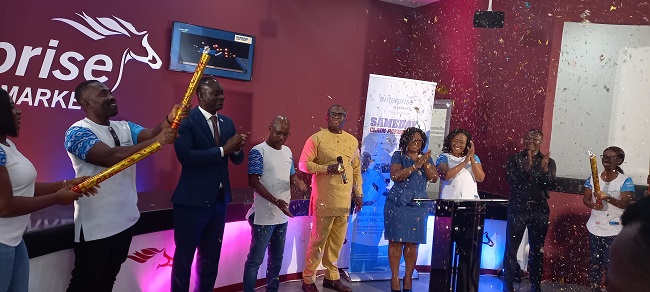Buying and Renting in Ghana: What You Should Know in 2025

As Ghana continues to develop and urbanize rapidly, the demand for housing—both for buying and renting—has grown tremendously. Whether you’re a first-time home buyer, a young professional looking to rent in Accra, or an investor entering the real estate market, it’s crucial to understand how the property system works in Ghana.
Here’s what you should know about buying and renting property in Ghana in 2025.
Buying Property in Ghana
1. Land Ownership Types
Land ownership in Ghana is complex. There are four main categories:
-
Government/public land
-
Stool/skin land (traditional authority)
-
Family/clan land
-
Private land
It’s important to verify who owns the land and whether they have the legal right to sell it. Always conduct a land title search at the Lands Commission before buying.
Tip: Avoid buying land based on verbal agreements or without documentation. Many land disputes in Ghana arise from lack of legal proof.
2. Buying a House or Apartment
In cities like Accra, Kumasi, and Takoradi, there’s a growing market for:
-
Gated communities
-
Semi-detached houses
-
Apartments and condos
Prices vary depending on the location. For example:
-
A 2-bedroom apartment in East Legon may cost between $60,000 – $100,000
-
In areas like Kasoa or Oyarifa, it could be $20,000 – $40,000
Key documents you must check:
-
Land title certificate or indenture
-
Building permit
-
Sales agreement
-
Property tax receipts
Use a licensed real estate agent or lawyer to avoid scams and ensure the transaction is legally sound.
Renting Property in Ghana
1. How Rent Works
Ghana’s rental system is unique. Most landlords require advance payments, sometimes up to 1–2 years in cities like Accra and Tema.
In 2025, there’s been more pressure on landlords to accept 6-month or monthly payments, especially in areas with government regulations or high housing supply.
Average monthly rent in Accra:
-
Single room: GHS 500 – GHS 1,000
-
Chamber & hall: GHS 800 – GHS 1,500
-
2-bedroom apartment: GHS 1,500 – GHS 3,500+
2. Tenancy Agreement
A written tenancy agreement is highly recommended. It should state:
-
Rent amount and duration
-
Payment method
-
Responsibilities for repairs/utilities
-
Termination terms
Avoid paying rent without a signed agreement and receipt.
3. Red Flags to Avoid
-
“Fake agents” who collect viewing fees without listings
-
Properties without utility connections (water/electricity)
-
Overpriced rent in low-demand areas
-
Landlords who refuse written contracts
Always inspect the property yourself or send a trusted person, and never pay via mobile money to strangers.
Market Trends in 2025
-
Online platforms like Meqasa, Tonaton, and Jiji are widely used to find homes.
-
Gated communities are growing in areas like East Legon Hills, Amasaman, and Pokuase.
-
More Ghanaians in the diaspora are buying homes for investment or retirement.
Final Advice
Whether you’re buying or renting in Ghana:
-
Do your research on the location and property value
-
Work with professionals (agents, lawyers, surveyors)
-
Never rush the process
-
Always demand receipts and agreements
Ghana’s real estate market is full of opportunities—but only for those who proceed with caution and the right information.
Source: Thepressradio.com





